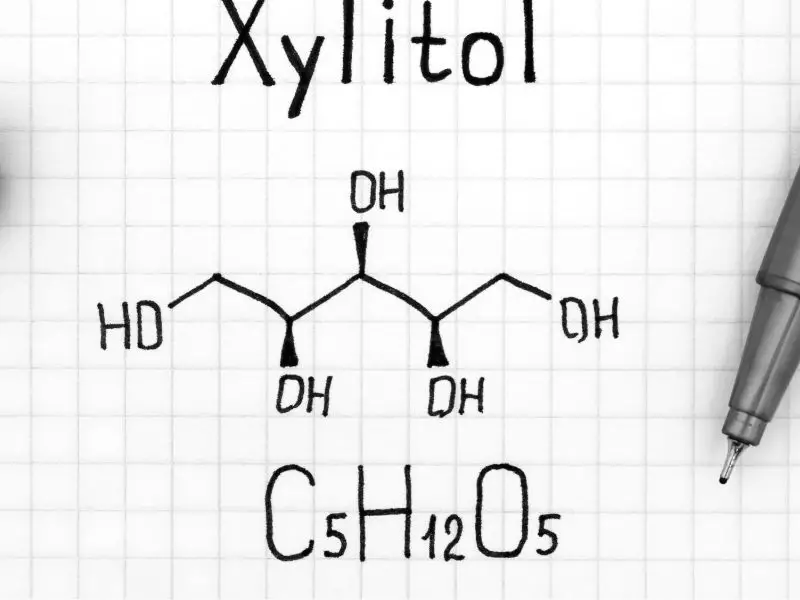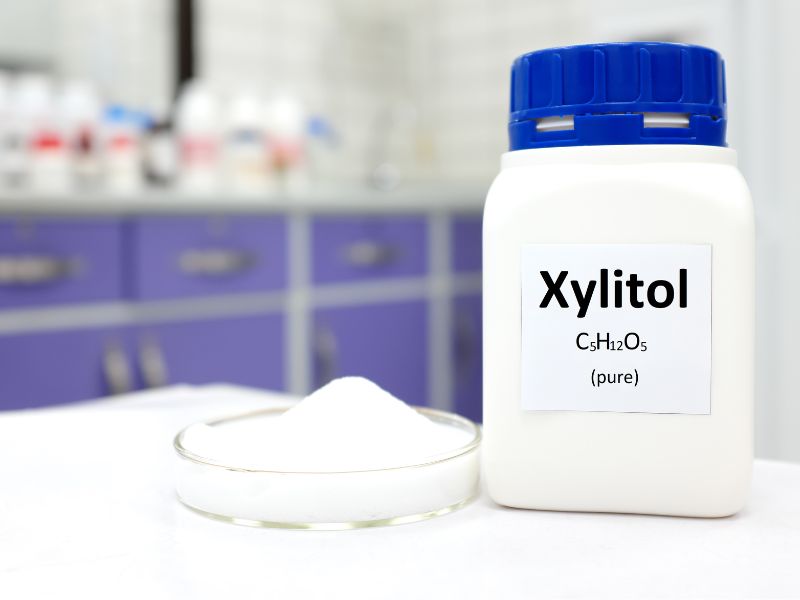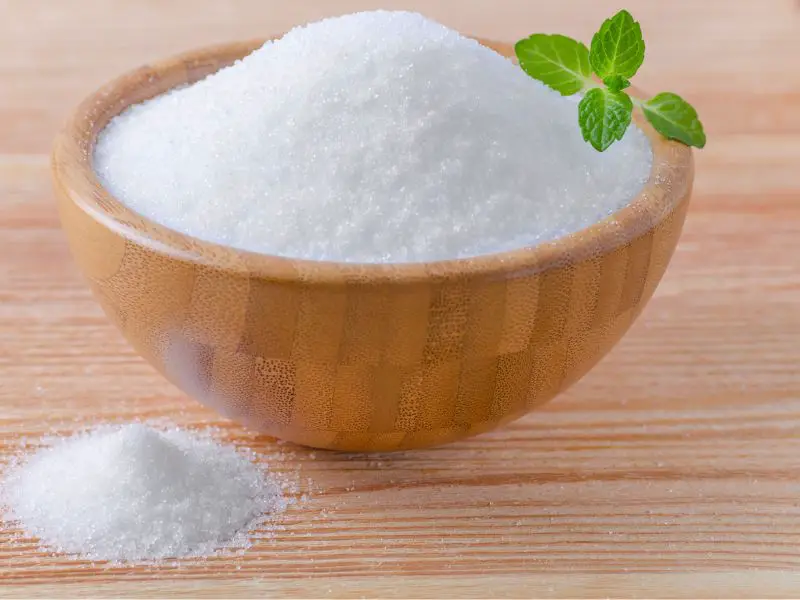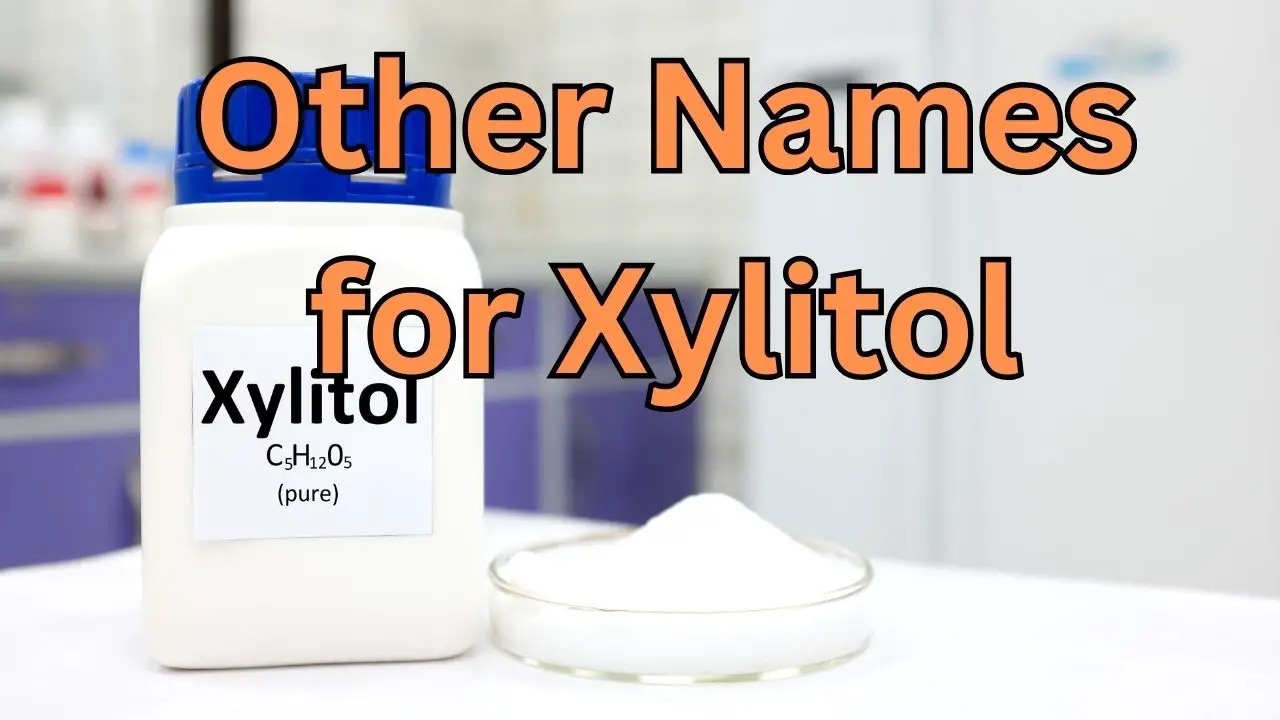Other Names for Xylitol (What To Know)
Xylitol is a natural sugar substitute that has gained popularity, especially among those with diabetes.
This sweetener is made from some different plant sources & is considered safe for human consumption.
One of its marketed advantages is that it doesn’t lead to tooth decay. This why this ingredient is in lots of dental care products & sugar-free foods.
But did ya know that xylitol goes by other aliases? It’s true – xylitol has a few other names that ya might find on some ingredient lists.
It’s like a super spy of the sugar alternatives. Just be hidin’ in plain site.

Knowing these alternative names can help ya make informed decisions about the products ya consume, especially if youre trying to keep track of youre sugar intake.
Keep an eye out for these other names for xylitol.
Names & Designation of Xylitol
One of the most common aliases for xylitol is xylite.
However it is also known as birch sugar because it was originally derived from the bark of birch trees.
In Europ, this sugar substitute is designated under the code E967.
Another chemical name that refers to xylitol is Meso-Xylitol.

Here’s a quick reference list of xylitol’s various names:
- Xylite
- Birch Sugar
- E967
- Meso-Xylitol
- Sucre de bouleau
Regardless of the name, ya should treat ’em all as sugar substitutes when using this sweetener in youre food or drinks.
As ya browse through ingredient lists, also keep in mind that xylitol can sometimes be hidden under vague terms such as natural flavor or artificial flavor.
The Basics of Xylitol

Xylitol is a sugar alcohol that occurs naturally in some plants, including many fruits & vegetables.
It’s a white crystalline substance that looks & tastes like sugar but has some unique benefits compared to regular sugar.
You might be surprised to learn that youre body also produces small amounts of xylitol.
As a sugar substitute, xylitol offers some significant advantages.
One is its very low glycemic index (GI), whiich means it doesn’t cause a rapid spike in blood sugar levels like regular sugar does.
This can be especially helpful for those managing diabetes or watching their sugar intake.
The lower GI also means xylitol contributes fewer calories to youre diet, with 40% fewer calories than regular sugar.

As a carbohydrate, xylitol falls under the category of sugar alcohols or polyols.
These substances provide sweetness without the same caloric content as traditional sugars, making them a popular choice for people looking to manage their weight or sugar intake.
In fact, xylitol’s low-calorie content makes it an attractive option for those watching their calorie consumption, making it a frequent addition to various food products & beverages.
Final Word
Xylitol, that sneaky sugar alcohol, ain’t just going by its Sunday name.
Whether it’s masquerading under aliases like “birch sugar,” “E967,” or even the sci-fi-sounding “Xylite,” it’s all the same naturally sweet actor playing different roles in youre gum, toothpaste, or healthy baking alternatives.
But let’s keep it real, fam – understanding these undercover names is where it’s at.







